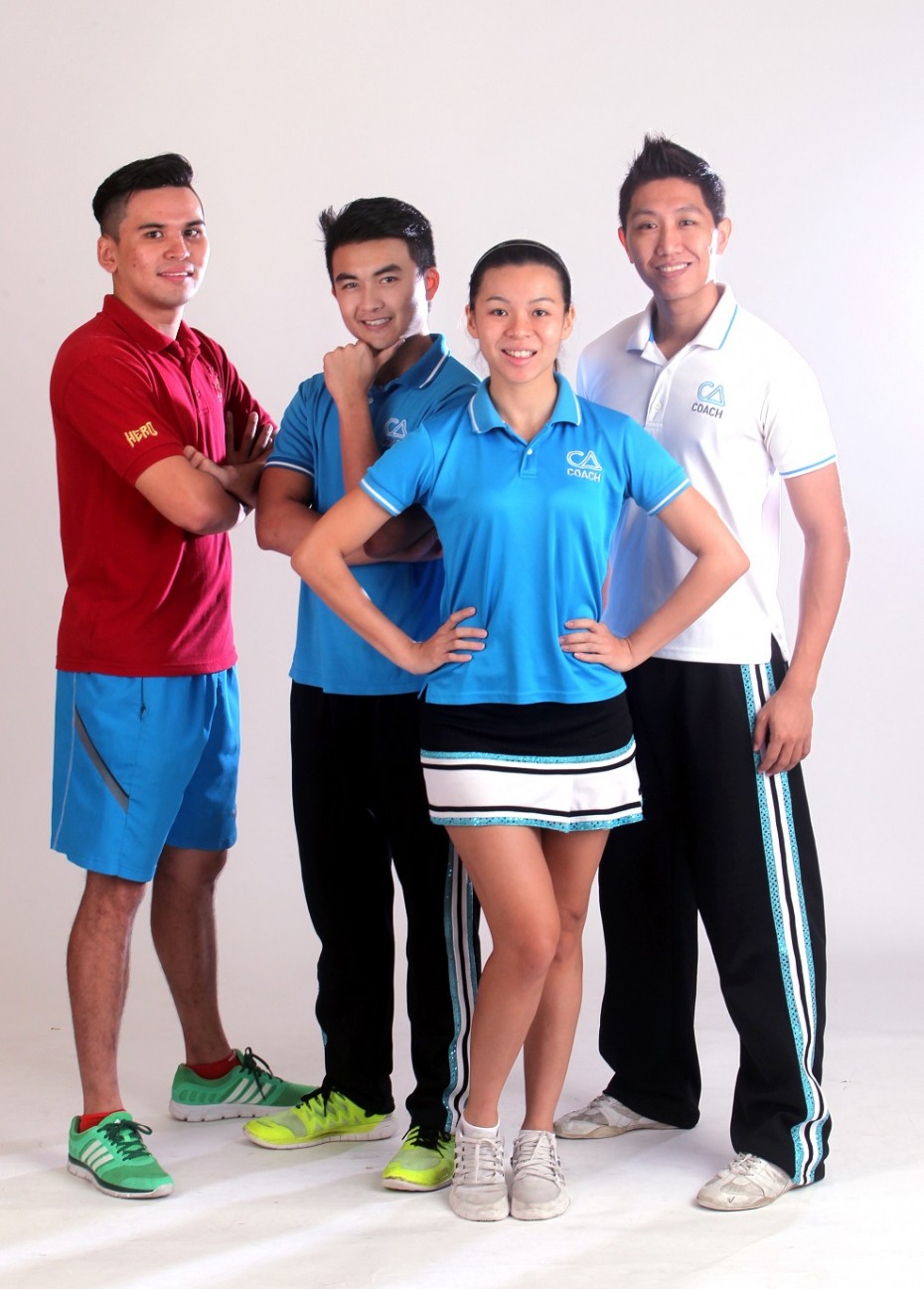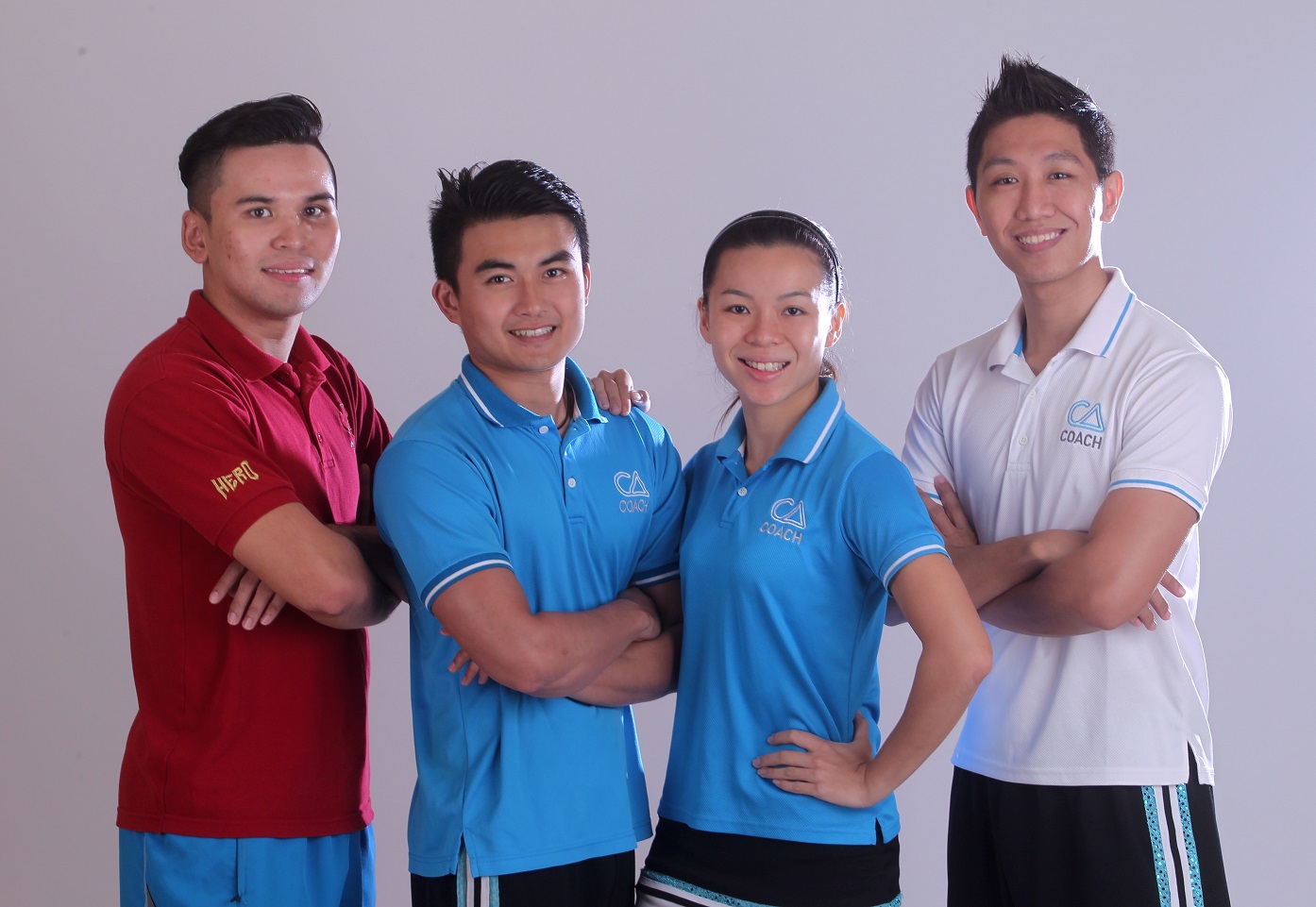By NAVEENA JAMES
alltherage@thestar.com.my
IN Malaysia, cheerleading coaches’ jobs go way beyond teaching stunts and peppy routines.
They also have to inspire confidence and determination among their students, ‘cos let’s face it – cheerleading ain’t exactly the most popular sport here.
Students who develop a passion for the thrilling sport don’t always have it easy in terms of support, so it’s up to the coaches to keep their chins up.
That’s what keeps coach Jonathan Gale in the game. He has seen how cheerleading has transformed some very timid students into confident young men and women.
“One student last year was afraid of doing a twist at first, and she had no confidence at all. After getting the right training and motivation, she ended up perfecting a double twist in time for CHEER 2014!” said Gale, 25, who trains the four Zodiac teams from SMK Kepong, Kuala Lumpur. CHEER is Malaysia’s biggest cheerleading competition.
Teachers at the school now encourage students to join the cheerleading team, having seen the improvement in the students’ academic results.
Tan Yee Ming, 29, owner and director of Cheer Aspirations and coach of the Cyrens from SM Sri Kuala Lumpur, added that cheerleading helps develop well-rounded individuals.
“We see our students grow in confidence, but many also improve their leadership, discipline, teamwork, fitness and so much more,” said Tan.
But of course, cheerleading training is also very technical, and coaches have to be professionally certified. It is after all a sport involving potentially dangerous stunts and acrobatics.
Tan’s coaching for the Cyrens, for example, includes strength conditioning, stunts training, tumbling training (that’s where they work on their flips, summersaults, etc.) as well as cardio and muscular endurance training.
Each daily session lasts for two and a half hours after the students’ classes, so they definitely learn some discipline and determination along the way.
The coaches also help the teams with their competition routines. They help decide on the choreography and stunts based on the teams’ strengths and style, though the cheerleaders themselves are encouraged to contribute ideas as it gives them a sense of ownership and responsibility.
“I provide basic guidelines that contribute to their score sheet, let them pick what they like and motivate them to perform,” said Lim Chee Wei, 29, coach of Vulcanz All-Girls and D Starz.
All this prepares the students to become coaches themselves someday. Thanks to CHEER, which was first organised in 2000, there are now close to 40 secondary school cheerleading teams around the country, and they all need coaching.

(From left) Gale, Jun Kang, Tan and Lim are currently coaching their respective school cheerleading teams in preparation for CHEER 2015, which is less than a month away. — Photo:ART CHEN/The Star
Lim Jun Kang, 25, who helps coach the Cyrens, Vulcanz and Rayvens, said: “Cheerleading is slowly becoming a trend, especially around KL. More people are getting interested in the sport thanks to competitions like CHEER and the CHARM Cheerleading Championships.”
Tan herself used to compete at CHEER with the Dynamitez, and she is just one of many former CHEER participants who went on to establish a career in cheerleading coaching. Full-time coaches can earn over RM6,000 a month these days!
While passion and experience are the obvious pre-requisites to becoming a good cheerleading coach, the most important thing is to get certified.
In Malaysia, the Cheerleading Association and Register of Malaysia (CHARM) now provides certification based on American certification systems. In the past, coaches from the International Cheer Union (ICU) had to be flown in to train, assess and certify local coaches. Now, they only need the ICU coaches if they want to get international certification.
Internationally, the United States All-Star Federation (USASF) is one of the most widely recognised organisations providing certification.
To get USASF certification, aspiring coaches will first have to take an online test as well as a hands-on skill assessment. They will receive credentials based on the levels they have passed, and they have to renew those credentials every three years.
But despite the constant growth of the local cheerleading industry, it is still a niche market, so you won’t be guaranteed a job.
One thing’s for sure, though – those who take up cheerleading coaching in Malaysia aren’t doing it for the money anyway.
As Tan said: “It’s very rewarding being a coach because we get to touch lives, and watch our students achieve their full potential.”














Tell us what you think!